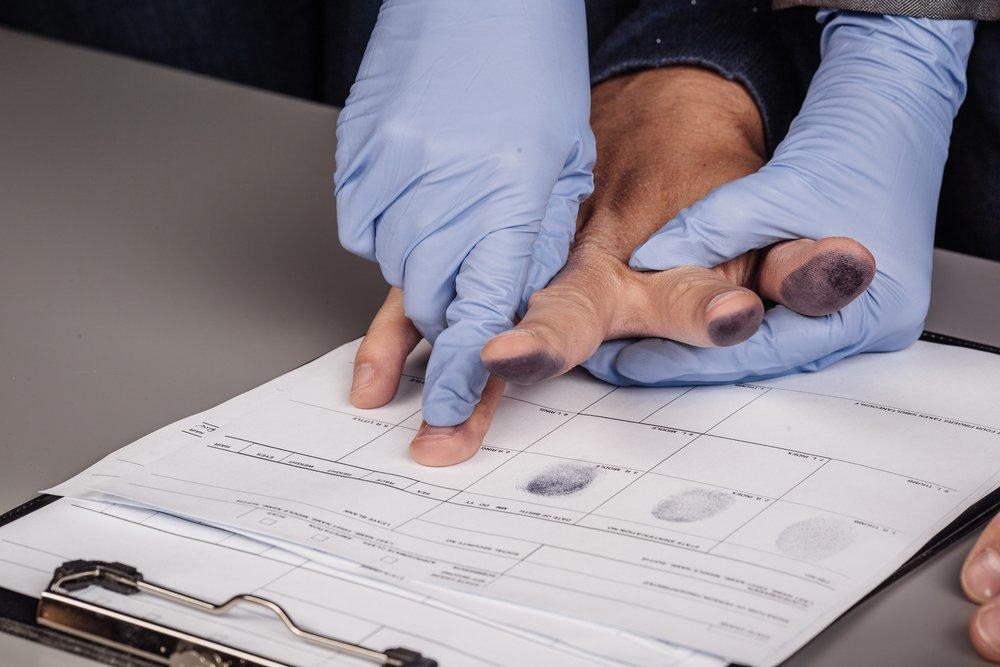Contents:
- Medical Video: Causes of Miscarriage – Top 10 Miscarriage Causes and Reasons for this Pregnancy Problem | Part 1
- How do I find out if I have a miscarriage late?
- What causes late miscarriage?
- What will happen after this miscarriage?
- Can I find out the cause of a miscarriage?
- How is the miscarriage recovery process late?
Medical Video: Causes of Miscarriage – Top 10 Miscarriage Causes and Reasons for this Pregnancy Problem | Part 1
The doctor described it late miscarriage or late miscarriage as a miscarriage that occurs after the pregnancy is 12 weeks old but before 24 weeks.
Late miscarriage less frequent than early miscarriage or early miscarriage. Of all cases of miscarriage, about 1 or 2 out of 100 cases occur during the second trimester of pregnancy.
Parents who suffer from a miscarriage late can feel sadness like having a baby stillborn. Baby stillborn is if the baby dies in the womb at the age of 24 weeks or more. For many people, knowing losing a baby at the end of pregnancy can cause excessive sadness.
Miscarriage, especially late miscarriage, is a very difficult thing for mothers who experience it. The nurse at the hospital will try to understand and appreciate your feelings.
How do I find out if I have a miscarriage late?
Common signs of miscarriage are vaginal bleeding and cramping pain such as contractions of childbirth. Bleeding can become severe and have blood clots. Sometimes, the amniotic fluid can rupture and the baby can be born too fast.
Some women are aware of changes in baby's movements that are slower, or do not feel any movement at all.
Your doctor will advise you to give birth by induction. The induction process will be carried out in a hospital-specific room, where the nurse and doctor will handle you.
It would be better to immediately induce labor. You will be given swallow medication, or pessaries in your vagina to induce labor.
Late miscarriages can hurt like giving birth. You will be given painkillers, usually based on morphine.
What causes late miscarriage?
Sometimes, a miscarriage can occur without a clear cause. But in general, miscarriages occur due to chromosome problems or baby's development.
Problems can occur during fertilization, where the chromosomes of the father and mother are not appropriate. Conditions such as Edward's syndrome and Patau's are examples of rare abnormalities on chromosomes that can cause miscarriages. Or the baby may have a heart defect or a neural tube, such as spina bifida.
The older you are, the more likely your baby has chromosomal abnormalities. At the age of 30, the risk of miscarriage is 1 in 10. Between the ages of 35 and 39, the risk can reach 1 in 4. At age 40, the risk reaches 1 in 2 pregnancies.
Fortunately, maternal health problems rarely cause late miscarriages. However, there are several health conditions that contribute to miscarriage at the end of pregnancy. You may have uterine deformities or cervical problems, or weak cervix.
Conditions that cause blood clots or syndromes sticky blood, antiphospholipid syndrome (APS) or Hughes syndrome, can cause late miscarriage. Declining conditions or thrombophilia which causes blood to clot easily, can also be one of the causes. Conditions that affect hormones, such as diabetes or thyroid disorders, and polycystic ovaries can cause miscarriages at the end of pregnancy. Conditions for these causes can be minimized if properly managed while pregnant. An infection that makes you feel sick, like the flu, can cause a miscarriage. Some mild infections can stick to the placenta or spread through amniotic fluid and get to the baby. For example, toxoplasmosis or infection from undercooked meat or from contact with cat feces.
What will happen after this miscarriage?
Depending on the stage of pregnancy and the condition of miscarriage, the doctor or midwife will offer whether you want to see your baby or not. This is a difficult decision, especially if you are experiencing unstable emotions.
Some parents want to see their baby, but worry about what their baby looks like. The doctor or midwife can describe it for you in making a decision. Some people don't want to see their babies, and some choose not to look for reasons of trust and culture.
Can I find out the cause of a miscarriage?
There are several tests that can be done to see the cause of a miscarriage. Doctors can do blood tests for signs of infection or blood clotting problems, such as APS, or thrombophilia.
Doctors can also examine the placenta to see signs of infection. You might also be offered a test to check your chromosome and your partner, if your baby is known to have a chromosomal abnormality.
You will also be offered a scan to see the shape of the uterus. You can also ask your doctor to do an autopsy, if you approve it. Examination post mortem or autopsy can show:
- Causes of miscarriage
- Important health problems are followed up for subsequent pregnancies
- Baby development
- Baby sex
However, it is unlikely that the cause of a miscarriage will be found. The absence of an answer from an autopsy can frustrate you. However, a little information can help you. For example, if there are no problems with the examination, this means there is nothing to worry about, and can give you hope to have a successful next pregnancy.
If you decide to approve the examination post mortem, the doctor will immediately notify the results of the examination and discuss it with you. The results can usually be seen about 6 weeks later.
If you choose not to do an inspection post mortemYou can request an external examination of the baby's placenta.
How is the miscarriage recovery process late?
In the first few weeks, you will experience vaginal bleeding and pain like menstruation. Usually, bleeding will subside. But if the bleeding or pain worsens, or you have vaginal odor, contact your doctor immediately. There may still be some tissue left from your pregnancy, or you have an infection.
In the first few weeks, midwives from the community can help you if you need it. You also need to do it check-up after 6 weeks with doctors and consultants.
You can ask the consultant questions about the causes of miscarriage and the potential for future pregnancies. You can also ask questions about the results of the examination post mortem, If there is.
You may feel tired for some time after a miscarriage. Your body needs time to recover from the events you have experienced. Relax for a few moments and treat yourself. Your doctor can give a letter to your boss so you can rest longer.
Accept offers of support from friends and family if it helps you.
READ ALSO:
- What Is Miscarriage Secretly?
- Repetitive Miscarriage: What are the Causes and How to Overcome It?
- Various Causes of Premature Babies












